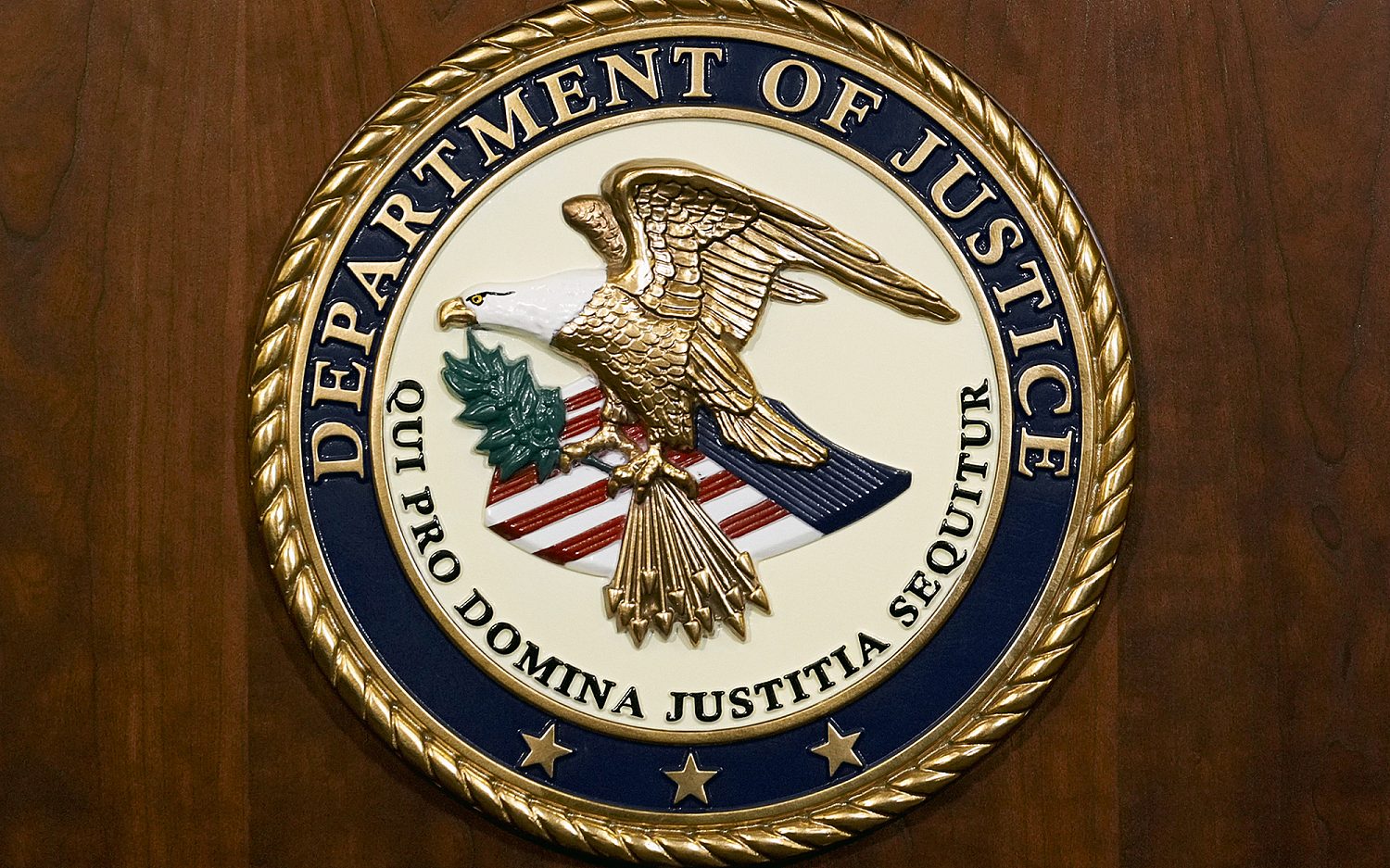U.S. general warns 'Brexit' would weaken Europe's security
The commanding general of the U.S. Army Europe has warned that a vote by Britain to leave the European Union (EU)—the so-called “Brexit”—would significantly weaken the collective security of western Europe in the face of increased Russian aggression.
Lt. Gen. Ben Hodges, who also serves as the head of all NATO ground forces, told the BBC in an interview that the EU, NATO, and the United States are so closely linked in their collective security domains that a departure of a key EU member state could jeopardize that security.
“The U.K. is such an important member of the alliance,” Hodges told the BBC. “It is a leader in the alliance. It is a leader in Europe. … Anything that undermines the effectiveness of the alliance has an impact on us, and so if the EU begins to become unraveled, there can’t help but be a knock-on effect for the alliance also.”
Britain has been a member of NATO since its formation in 1949 and joined the European Economic Community, the predecessor of the European Union, in 1973. Along with Britain, 21 other European nations are dual members of the EU and NATO.
In his comments to the BBC, Hodges gave voice to the Obama administration’s position on Brexit. President Barack Obama is expected to announce his support for the U.K.’s continued membership in the EU during a visit to London next month, according to the BBC.
But opinion in Britain—even within the ruling Conservative Party—is split over the EU referendum, scheduled for June 23. Prime Minister David Cameron is a firm supporter of Britain’s continued EU membership. But other members of his party argue a U.K. departure from the EU would have little effect on Britain’s security and resent foreign leaders speaking out about the referendum.
“I find it incredibly unhelpful when we hear American figures and figures from all over the world telling the British people what to do,” Conservative MP Tom Pursglove, co-founder of the Grassroots Out campaign, told the BBC. “We know President Obama has a very strong view on these matters.”
While activists such as Pursglove maintain the EU has “very little to do with our security arrangements,” other NATO and European security analysts agree with Hodges’ assessment that Europe’s collective security requires both a strong EU and NATO alliance.
“Any American who deals with European security professionally is going to be aware of the dangers of Brexit,” said Edward Lucas, a senior editor at The Economist and a senior vice president at the Center for European Policy Analysis.
Lucas noted Europe’s economic and military security are inextricably linked and that the EU, through its energy and competition commissions, has been able to dismantle what he calls Russia’s market-abusive and highly politicized gas export model, much to the benefit of the front-line states in Eastern Europe.
“NATO is a military organization, but security is more than just military,” Lucas told me. “And in all these collective security things, the EU is the No. 1 organization. NATO’s not set up to impose economic sanctions, but the EU is. And the EU has imposed tough economic sanctions on Russia in the wake of the attack on Ukraine.”
An actual newsletter worth subscribing to instead of just a collection of links. —Adam
Sign up to receive The Sift email newsletter each weekday morning for the latest headlines from WORLD’s breaking news team.




Please wait while we load the latest comments...
Comments
Please register, subscribe, or log in to comment on this article.